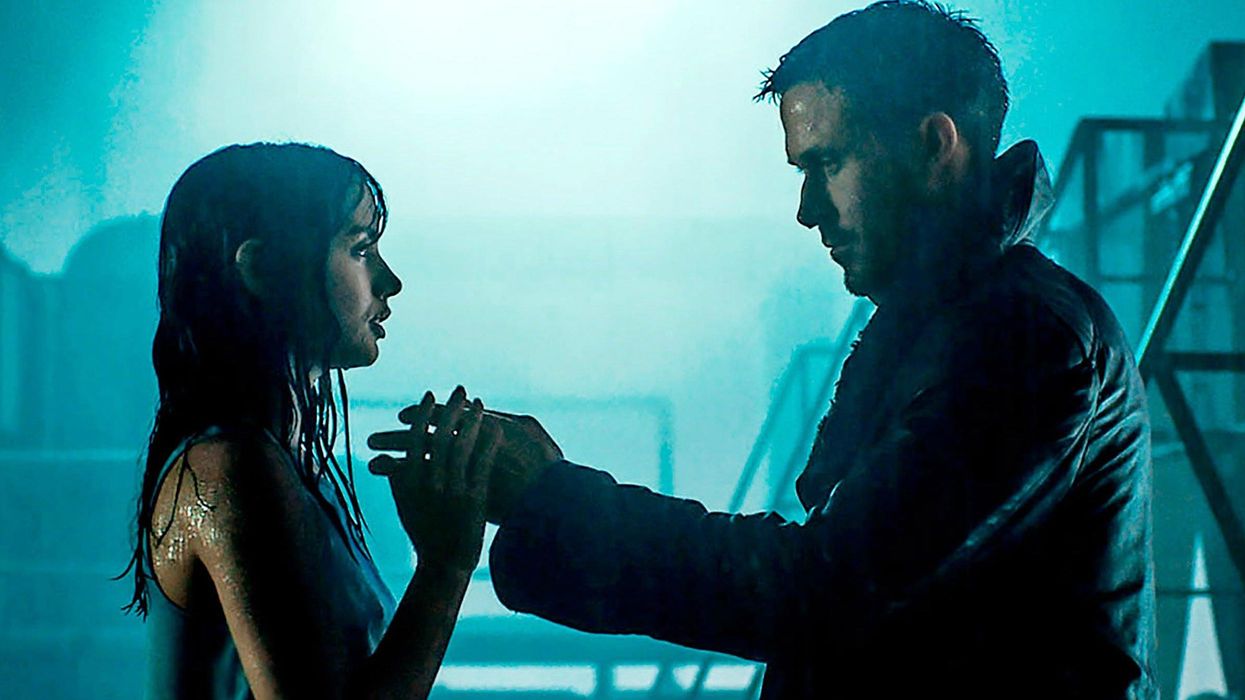Does 'Blade Runner 2049' Show us What it Means to be Human?
Watch how ‘Blade Runner 2049’ continues to ask (and maybe answer) some of life’s biggest questions in this in-depth video essay.

Like its original cinematic predecessor, Blade Runner 2049 is a film which both fans and critics are going to be examining and reexamining for years to come.
Beautifully shot by cinematographer Roger Deakins (read more about Deakins’ work on Blade Runner 2049 here) and masterfully directed by Denis Villeneuve, Blade Runner 2049 will always be remembered for its lush visuals, dystopian soundtrack, and great performances by stars Ryan Gosling, Ana de Armas, Robin Wright and Dave Bautista.
However, as Youtuber Tim Hickson (aka Hello Future Me) explains in his in-depth 25-minute video essay, Blade Runner 2049’s real legacy is in the philosophical questions that it brings up. Namely, what does it mean to be human? And, what is the soul?
The Philosophy of Blade Runner 2049
In a well-constructed video essay format, Hickson breaks down how Blade Runner 2049 shapes its philosophy and presents its moral quandaries through its characters. He focuses on the holographic character Joi first and foremost and her use of the line “of woman born” to describe Ryan Gosling’s K.
Hickson argues that it is buried in these characters, and Blade Runner 2049’s overarching themes of human vs replicant that the film is really a deep exploration into what is “real humanity”.
As filmmakers, it’s fascinating to dive so deeply into the ethos of a story and explore how every little line of dialogue can be deconstructed to learn how it helps to build such a rich and complex world.
If anything, Hickson shows that when a good film really takes the time to lay such powerful philosophical groundwork, everything it creates thereafter will continue to feel fresh and interesting for many viewings (and video essays) to come.







![Ethos, Pathos, Logos: 20 Effective Ways to Advertise [Infographic]](https://nofilmschool.com/media-library/ethos-pathos-logos-20-effective-ways-to-advertise-infographic.jpg?id=34064614&width=600&height=600&quality=90&coordinates=560%2C0%2C0%2C0)



